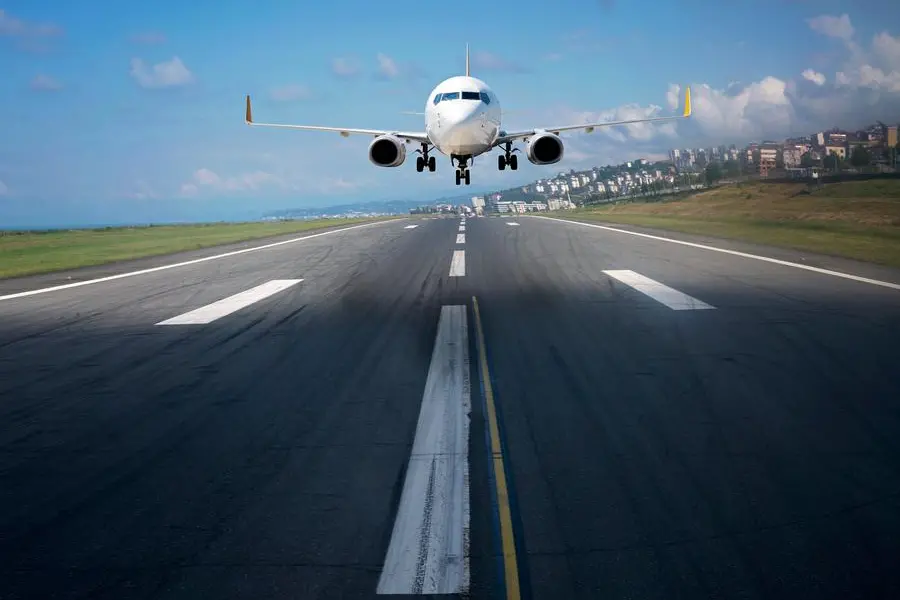PHOTO
The International Air Transport Association (Iata) has released data for February 2024 global air cargo markets, indicating continued strong annual growth in demand.
Total demand, measured in cargo tonne-kilometers (CTKs), rose by 11.9% compared to February 2023 levels (12.4% for international operations), marking the third consecutive month of double-digit year-on-year demand growth. Capacity, measured in available cargo tonne-kilometers (ACTKs), increased by 13.4% compared to February 2023 (16.0% for international operations). This growth was largely driven by the increase in international belly capacity accompanying growth in passenger markets (29.5% year-on-year increase), which far exceeded international capacity on freighters (3.2% year-on-year increase).
"February’s demand growth of 11.9% far outpaced the 0.9% expansion in cross-border trade. This strong start for 2024 could see demand surpass the exceptionally high levels of early 2022. It also shows air cargo’s strong resilience in the face of continuing political and economic uncertainties,” said Willie Walsh, Iata’s director general.
Several notable factors in the operating environment include:
• Global cross-border trade saw a modest increase of 0.9% in January.
• In February, the Purchasing Managers' Index (PMI) for manufacturing output rose to 51.2, signalling expansion. However, the new export orders PMI also increased to 49.4, remaining slightly below the growth threshold of 50.
• In terms of inflation, the European Union experienced a drop to 2.8% year-on-year in February, while Japan and the US saw increases to 2.8% and 3.2% respectively. Notably, China reported a 0.7% rise in inflation year-on-year after four months of deflation, offering a positive turn amid concerns over China's economic slowdown.
Air cargo market - February 2024
1% of industry CTKs in 2023
Regional performance
African airlines saw 22% year-on-year demand growth for air cargo in February—the strongest among all regions. The intra-Africa trade lane showed 42.3% year-on-year growth. February capacity increased by 28.2% year-on-year.
Asia-Pacific airlines saw 11.9% year-on-year demand growth for air cargo in February. This was a significant decrease compared to January’s 24.3% year-on-year growth, likely related to slowing activity after the Lunar New Year celebrations. Capacity increased by 23.1% year-on-year as belly capacity came online with a recovery in the passenger business.
North American carriers saw 4.2% year-on-year demand growth for air cargo in February—the weakest among all regions. Demand on the North America–Europe trade lane grew by 5.2% year-on-year while Asia–North America grew by 3.9% year-on-year. February capacity increased by 1.9% year-on-year.
European carriers saw 14.6% year-on-year demand growth for air cargo in February. Intra-European air cargo rose by 24.5% year-on-year—the strongest performance in almost three years. Europe – Middle East routes saw demand grow by 39.3% year-on-year, while Europe – North America expanded by 5.2% year-on-year. February capacity increased 13.2% year-on-year.
Middle Eastern carriers saw 20.9% year-on-year demand growth for air cargo in February. The Middle East–Europe market was the strongest performing with +39.3% growth, far ahead of Middle East-Asia which grew by 21.9% year-on-year. February capacity increased 16.2% year-on-year.
Latin American carriers saw 13.7% year-on-year demand growth for air cargo in February. Capacity increased 8.9% year-on-year.
All rights reserved. © 2022. Bizcommunity.com Provided by SyndiGate Media Inc. (Syndigate.info).





















